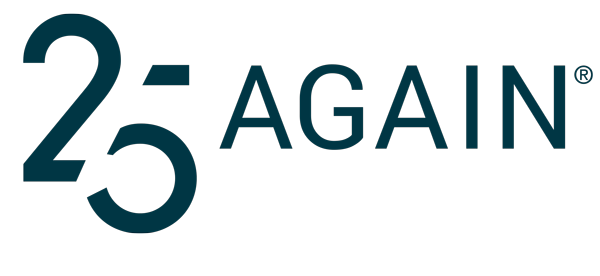Are you over 40, going to the gym on a regular basis but struggling to gain muscle? Then it’s probably due to hormone decline. Hormones reinforce optimal health. Your body has these key chemical substances in each gland and organ to ensure your body functions properly. When hormone levels decline, it can have a significantly negative impact on your cardiovascular system, brain, musculoskeletal system, and other systems in your body. This hormonal decline only accelerates as we age, leading up to menopause and andropause.
One common result of hormone depletion is the negative impact on exercise routines, which affects your overall general fitness. You may experience this in your 40s or even beginning in your late 30s. You may notice effects such as:
- Fatigue
- Decreased desire to exercise
- Loss of muscle mass
- Diminished results from working out
- Increasing fat storage
- A growing waistline
- Unexplained, continuous weight gain
Research shows that hormonal depletion is related to each of these effects. For instance, estrogen imbalance may result in serious health consequences in both women and men. With unbalanced hormone ratios, you may experience estrogen dominance, which is linked to a greater risk of metabolic and cardiovascular diseases. As men age, they may experience an imbalance of estradiol to testosterone, which may lead to sexual dysfunction, breast development, metabolic syndrome, and increased abdominal fat. Excess estrogen in males has been associated with higher risks of stroke, heart attack, and prostate disease. Women essentially lose all of the testosterone and estradiol at menopause, which puts them at greater risks for stroke, heart attack, Alzheimer’s, and cancer.
Bioidentical Hormones and Exercise for Improved Fitness
By replacing depleted hormones with bioidentical hormones and restoring the right ratios, you are more likely to experience the beneficial results from exercise. This is especially true with improving muscle mass as you age. Take a look at the positive benefits of just two of these hormones:
Estrogen
- Supports dopamine production in your brain, which is a neurotransmitter that helps make you feel better.
- Supports bone density and strength.
Testosterone
- Increases muscle strength and mass.
- Increases bone density and helps the marrow manufacture red blood cells.
- Increases metabolism by helping your body burn fat.
- Increases the levels of growth hormone, which makes exercise more efficient.
In fact, using bioidentical hormone replacements can result in sustained weight loss, improved BMI, reduced waist circumference, and better body composition. In addition, some bioidentical hormone replacements, such as testosterone, can make a positive impact on metabolic syndrome. Estradiol can have a positive impact on physiologic levels that result in greater desire to exercise. This is through the regulation of dopamine production, which is key for motivation to complete goal-oriented behaviors. When estradiol is not present, the dopamine cells in your brain will actually die. With proper replacement through bioidentical hormone replacement, exercise becomes the pleasant, gratifying activity you remember it to be.
Getting Back to the Gym!
There is no doubt that a regular exercise routine produces positive benefits as you age. It has been shown that getting back to the gym has a significant effect on fat disposition and helps you gain muscle mass, especially for postmenopausal women.
However, your first step should be getting back to a healthy hormonal balance with the appropriate hormone replacement therapy. Once your hormones reach a more balanced state, you will likely notice many positive changes in the quality of your exercise and quality of your life – higher energy levels, more mobility, less pain and soreness after workouts, better sleep – these are just the beginning of the benefits.
25 Again is the leading authority on Bioidentical Hormones. Feel free to reach out to us for further exploration and insight. We’re here to assist you on your journey to optimal health and well-being.

